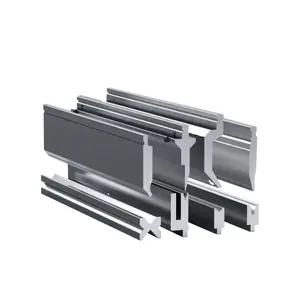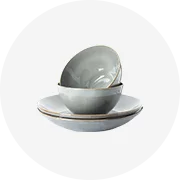Clock Machine Mould Overview
The clock machine mould is a specialized tool used in the manufacturing of clock components. This category encompasses a range of moulds designed for the production of intricate parts that make up various types of clocks. The moulds are predominantly utilized in injection molding machines, which form the backbone of the clock manufacturing process. With a significant portion of the market, these moulds are essential for suppliers aiming to meet the diverse needs of the clock-making industry.
Types and Materials
There are several types of clock machine moulds available, each suited to different clock-making requirements. These moulds can be crafted from various materials, including metals, plastics, and stainless steel, offering durability and precision. The choice of material for a clock mould affects the quality and the type of clock parts produced, making it a critical consideration for manufacturers.
Applications and Features
Clock moulding equipment is versatile, catering to the production of a wide array of clock designs, from traditional analog clocks to modern digital timepieces. The features of these moulds, such as their design complexity and tolerance levels, play a pivotal role in the functionality and aesthetics of the final clock products. Precision in the moulding process ensures that the minute and hour hands, as well as other clock components, are manufactured to exact specifications.
Advantages of Precision Moulding
Utilizing advanced clock gear moulds brings several advantages to the manufacturing process. These moulds enable the mass production of clock parts with consistent quality and intricate detailing. The efficiency of using a well-crafted mould translates into cost-effectiveness and time savings for suppliers, making it a valuable asset in the competitive clock-making market.
Selection Criteria for Clock Machine Moulds
When selecting a clock part mould, manufacturers must consider factors such as the mould’s compatibility with their injection molding machines, the material robustness, and the expected lifespan of the mould. The intricacy of the clock design also dictates the complexity required in the mould, influencing the final choice.
Environmental Considerations
In an era where sustainability is paramount, choosing eco-friendly clock plastic moulds can be beneficial. These moulds are designed to minimize waste and are often made from recyclable materials, aligning with global environmental standards and appealing to eco-conscious consumers.






































 浙公网安备 33010002000092号
浙公网安备 33010002000092号 浙B2-20120091-4
浙B2-20120091-4